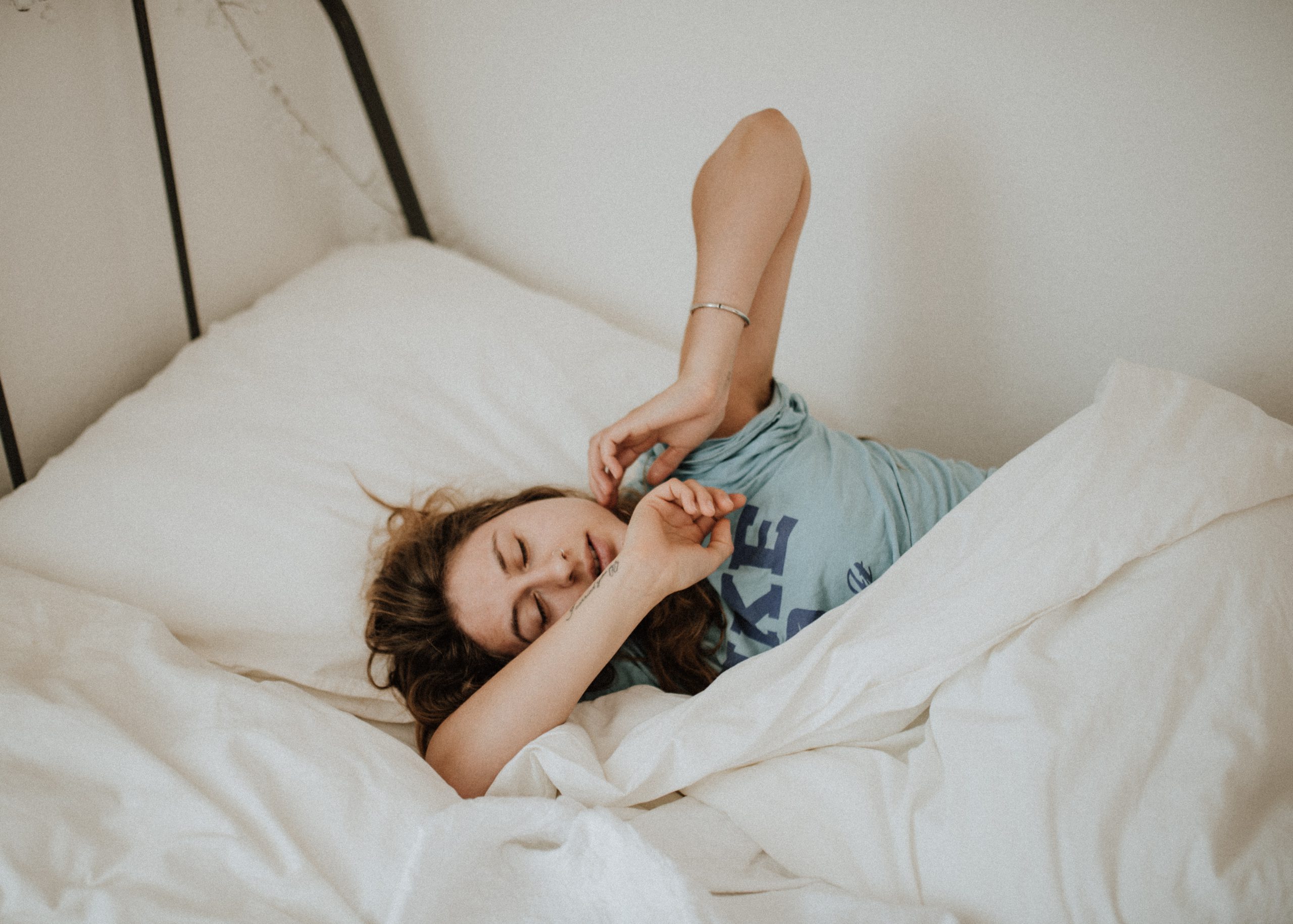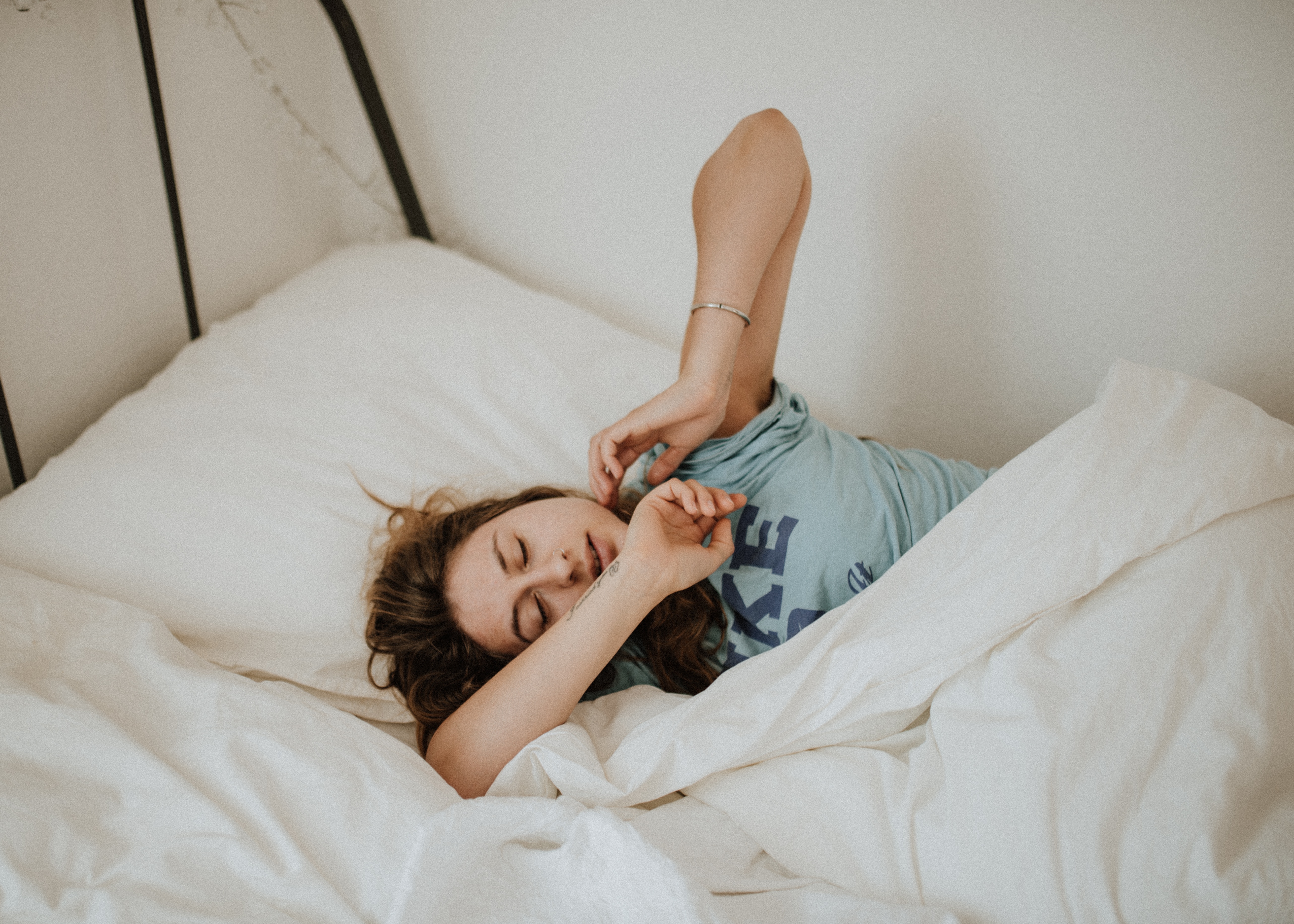In the December 9, 2013 issue of The New Yorker, there was an article by Ian Parker entitled “The Big Sleep” about Merck’s new sleeping pill called Suvorexant. The article is interesting and I recommend that you check it out – http://www.newyorker.com/reporting/2013/12/09/131209fa_fact_parker
There were a couple of things that I found to be of interest in the article, from a Floxie perspective.
First, Parker noted that, “In narcoleptic humans, the cells that produce orexin have been destroyed, probably because of an autoimmune response.” This is a really interesting assertion/finding. Narcolepsy may be an autoimmune response/dysfunction/disease. I wonder if insomnia is also an autoimmune response/dysfunction/disease. I wonder if the cells that produce orexin (“Orexin neurotransmitters, first identified fifteen years ago, promote wakefulness.”) are over-stimulated in some Floxies, hence the horrible insomnia that some people suffer from. Or, another possibility is that an autoimmune response in Floxies destroyed the cells that produce melatonin, or other hormones/neurotransmitters that are necessary to induce sleep.
My thinking at this time (subject to change with the introduction of more information), is that much of floxing is an autoimmune response/dysfunction/disease that results from a loss of mitochondrial DNA (mtDNA) from lymphocytes (immune system cells). Here are some articles on the effects of fluoroquinolones on lymphocytes:
- http://aac.asm.org/content/42/8/1923.full.pdf+html
- http://www.nmcth.edu/images/gallery/Editorial/xRZVmps_ambulkar.pdf
- http://www.jimmunol.org/content/184/9/4827.full.pdf (You should read my breakdown of this article, https://floxiehope.com/2013/12/17/article-breakdown-mitochondrial-reactive-oxygen-species-control-t-cell-activation-by-regulating-il-2-and-il-4-expression-mechanism-of-ciprofloxacin-mediated-immunosuppression/, with it 🙂 )
Perhaps, if the insomnia that Floxies suffer from is an autoimmune response of some sort, a pill that is an orexin antagonist, like Suvorexant, can help relieve, or even cure their insomnia.
The experience of getting floxed has made me VERY averse to pharmaceuticals (I intend to never take a drug again). I empathize with anyone who is wary of trying a new drug. But insomnia is horrible and when these orexin antagonist drugs are released into the market, if any Floxies are willing to try it, please let me know how it works for you.
Insomnia is one of those disorders that is easy to blame on the victim. It is thought that everyone should be able to simply turn their mind off and sleep. If it turns out that insomnia is an autoimmune response/dysfunction/disease, perhaps it will be recognized that, a) sleeping is not a simple condition to treat, and, b) a lot of people have autoimmune dysfunction and disease. If even 10% of insomniacs are suffering from insomnia because of autoimmune dysfunction, the number of people with autoimmune problems is significantly larger than it is thought. What could cause so many people (those with official autoimmune diseases, narcoleptics, insomniacs and those with chronic mysterious diseases like fibromyalgia) to have malfunctioning lymphocytes? FLUOROQUINOLONES! The articles above go into more detail and actually build a case, and there are more to be found on the internet and in the library (search for “fluoroquinolone or ciprofloxacin and lymphocytes”). There are probably other factors at work too, but the role that fluoroquinolones play in inducing dysfunctional lymphocytes is large and it has been systematically overlooked.
The other interesting point in the article was this:
“In a recent paper in the online edition of the British Medical Journal, Daniel Kripke, a professor emeritus at the University of California San Diego School of Medicine, examined five years of electronic medical records collected by a health system in Pennsylvania. He compared more than ten thousand patients who had been prescribed a sleep medicine—most commonly Ambien—and more than twenty thousand patients who had not. After adjusting for age, gender, smoking habits, obesity, ethnicity, alcohol use, and a history of cancer, and after controlling, as much as possible, for other diseases and disorders, Kripke found that people who had taken sleeping pills were more than three times as likely to have died during the study period as those who had not. Those on higher doses of the drugs were more than five times as likely to have died.”
I wonder if Dr. Kripke could do an analysis of health outcomes among people who have taken fluoroquinolones versus those who have taken other kinds of antibiotics (or no antibiotics). I would bet quite a bit of money that those who have taken a fluoroquinolone are significantly more likely to be diagnosed with an autoimmune disease, fibromyalgia, chronic fatigue syndrome, insomnia, leaky gut syndrome, lymphoma, etc. and that they are more likely to have children with autism, ADD, ADHD, allergies, etc. I’m going to write him a letter requesting that he look into doing a study of health outcomes for people who take fluoroquinolones. It can’t hurt to ask. Besides, he’s a colleague of Dr. Beatrice Golomb, who is conducting the UCSD Fluoroquinolone Effects Study. Dr. Golomb will almost certainly have enough evidence to conclusively show that Gulf War Syndrome was caused by Cipro soon. When that news is released to the public, people will want to know what the consequences of 20+ million prescriptions for fluoroquinolones being given to American civilians each year for the past two decades has done to human health. If Dr. Kripke is prepared with the answer, maybe this ridiculousness of prescribing fluoroquinolones for any situation other than a life-threatening emergency will stop.












Lisa, as always, a very thought provoking article! I am still very leary of pharmaceutical options, especially sleeping pills, and while my insomnia is severe, for the time I will stay with my use flexaril (that does not seem to give me any troublesome side effects) and melatonin. I hope you get a postive response from Dr. Kripke!
After reading the lead article twice, I found it interesting that the FDA was recommending the initial recommended be lower than any dose found to be effective- but I was heartened by the fact the FDA seems to be starting to pay attention to safety again (as they should). I had hoped initially that this drug being so different, the side effects might be lower, but it appears the FDA is still noting some potential suicide ideation and nightmare issues- that may be something to be expected with any drug that affects the brain- but the fact that the FDA brought these issues up gives me a glimmering of hope that perhaps they will be looking at these issue for future drug approvals.
… [Trackback]
[…] Find More Info here on that Topic: floxiehope.com/is-fq-induced-insomnia-an-autoimmune-problem/ […]
… [Trackback]
[…] There you can find 634 additional Information on that Topic: floxiehope.com/is-fq-induced-insomnia-an-autoimmune-problem/ […]
… [Trackback]
[…] Find More on to that Topic: floxiehope.com/is-fq-induced-insomnia-an-autoimmune-problem/ […]
… [Trackback]
[…] Find More on on that Topic: floxiehope.com/is-fq-induced-insomnia-an-autoimmune-problem/ […]
… [Trackback]
[…] Read More to that Topic: floxiehope.com/is-fq-induced-insomnia-an-autoimmune-problem/ […]
… [Trackback]
[…] Read More Information here to that Topic: floxiehope.com/is-fq-induced-insomnia-an-autoimmune-problem/ […]
… [Trackback]
[…] Find More to that Topic: floxiehope.com/is-fq-induced-insomnia-an-autoimmune-problem/ […]
… [Trackback]
[…] Find More Information here to that Topic: floxiehope.com/is-fq-induced-insomnia-an-autoimmune-problem/ […]
… [Trackback]
[…] Find More on to that Topic: floxiehope.com/is-fq-induced-insomnia-an-autoimmune-problem/ […]
… [Trackback]
[…] Find More to that Topic: floxiehope.com/is-fq-induced-insomnia-an-autoimmune-problem/ […]
… [Trackback]
[…] Information to that Topic: floxiehope.com/is-fq-induced-insomnia-an-autoimmune-problem/ […]
… [Trackback]
[…] Read More on that Topic: floxiehope.com/is-fq-induced-insomnia-an-autoimmune-problem/ […]
… [Trackback]
[…] Read More Info here to that Topic: floxiehope.com/is-fq-induced-insomnia-an-autoimmune-problem/ […]
… [Trackback]
[…] Read More to that Topic: floxiehope.com/is-fq-induced-insomnia-an-autoimmune-problem/ […]
… [Trackback]
[…] Information on that Topic: floxiehope.com/is-fq-induced-insomnia-an-autoimmune-problem/ […]
… [Trackback]
[…] Find More Info here to that Topic: floxiehope.com/is-fq-induced-insomnia-an-autoimmune-problem/ […]
… [Trackback]
[…] Find More on that Topic: floxiehope.com/is-fq-induced-insomnia-an-autoimmune-problem/ […]
… [Trackback]
[…] Read More on that Topic: floxiehope.com/is-fq-induced-insomnia-an-autoimmune-problem/ […]